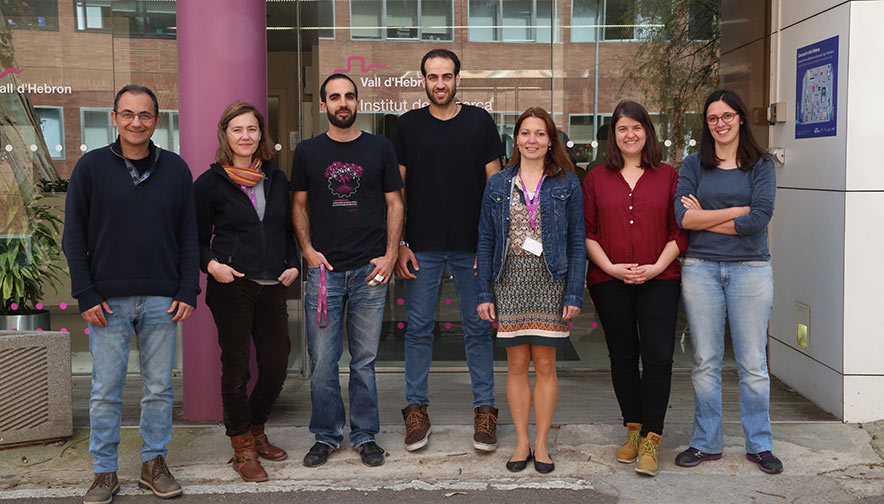
The CIBER-BBN-CIBBIM group, led by Dr. Simó Schwartz, coordinating NANBIOSIS U20. In Vivo Experimental Platform has been granted a FET Innovation project (Future and Emerging Technologies) within the Horizon 2020 program. The EVO-NANO project aims to develop a virtual simulator, called NanoDoc, which will allow testing the behavior of nanoparticles within a tumor and with other nanoparticles.
It is a multidisciplinary project that will develop a consortium of European research centers with the aim of creating a platform available to everyone and at the forefront of Nanomedicine that facilitates the rapid development and testing of new treatments against cancer. “It will become an evolutive platform capable of autonomously offering innovative, efficient and adapted solutions that can also be transferred to other complex biomedical challenges,” explains Dr. Schwartz Jr.
Until now, it is unknown how the behavior of nanoparticles when they are injected in large volume and come into contact, for example, with the bloodstream. It is not known whether the fruit of the interactions between them and with the media will have a better or worse therapeutic efficacy. In the same way, its distribution in a tumoral environment is not known, if they affect more to one type of cells than to others, their behavior before cancer stem cells, etc.
“This simulator will help to understand how nanoparticles interact with each other and in a biological environment when they are injected, in a large volume, in a tumor or in any part of the body,” Dr. Schwartz Jr. adds. Nanoparticles that have an optimal behavior that will later be studied and validated in biological models in vitro and in vivo in breast and colon cancer stem cells.
In addition, the project has an industry partner, Pro Chimia Surfaces, which will promote a translation strategy that enables the arrival of new patients’ nanomedicaments.








